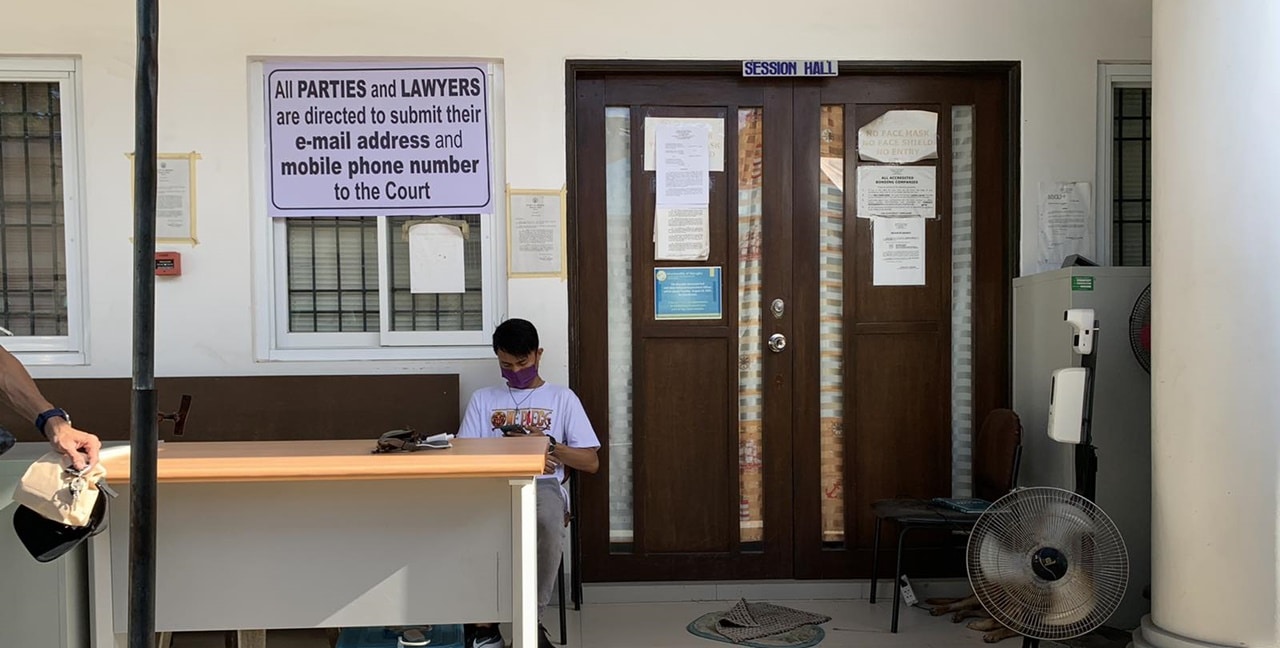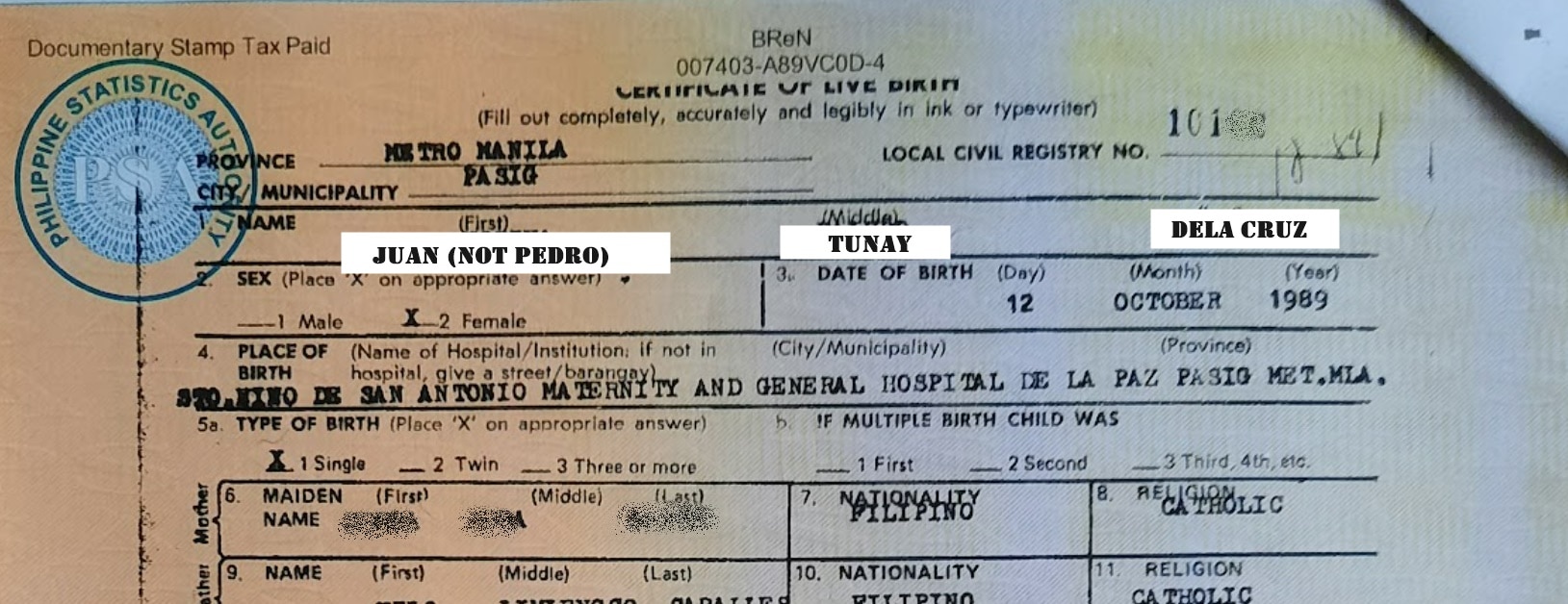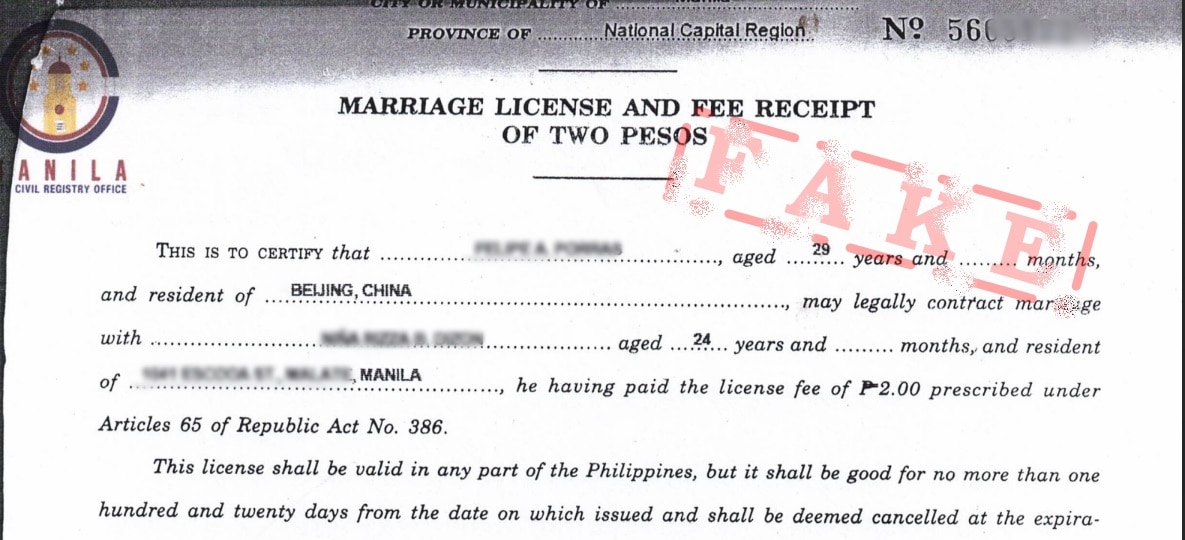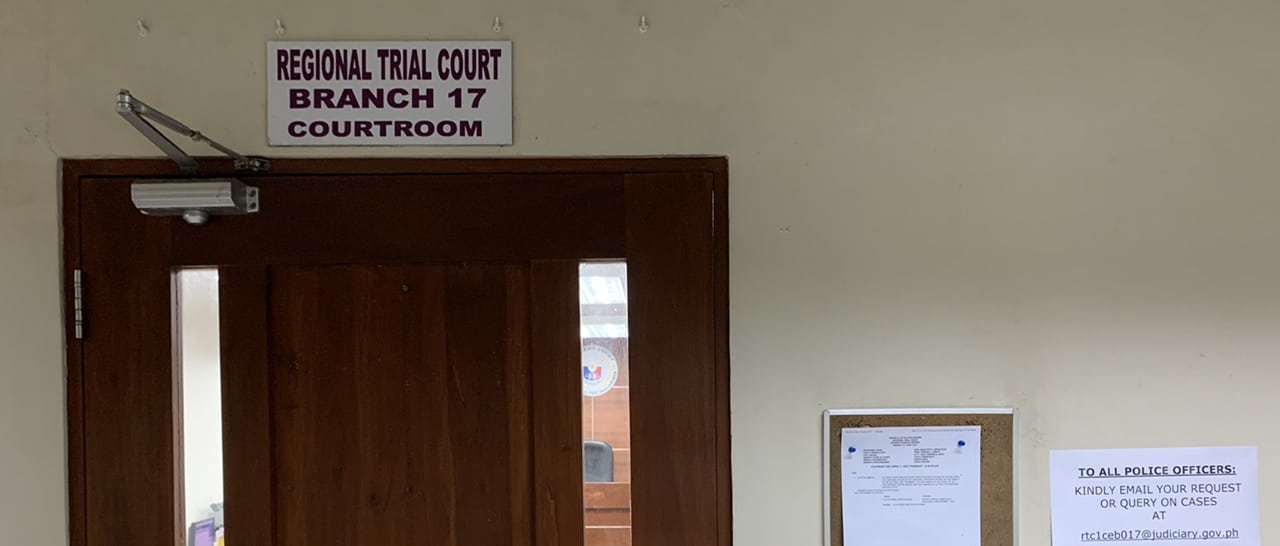Philippine Annulment if my spouse was already married

Bigamy is a ground for annulment
A Philippine Annulment is used to end a marriage when one of the spouses was already married at the time of the marriage.
Annulment is a family law case used to end the marriage.
Bigamy is a criminal case used to criminally charge one of the spouses if he or she married someone without first ending a previous married.
These are 2 separate cases.
In this article, we will answer common questions, such as the difference between annulment and bigamy, the evidence needed, and the process for filing an annulment in such circumstances.
Contents
- Can I file an annulment if my spouse was married before and not legally separated?
- What is the difference between annulment vs bigamy?
- Who should file an Annulment case based on bigamy?
- Where can an Annulment case based on bigamy be filed?
- What are the evidence needed for Annulment when one spouse was still married when you married?
- What if your spouse used another name to get married?
- What if your spouse used a fake marriage license so that he could marry without legally separating first?
- Can I file Annulment based on Bigamy from abroad?
- Does the annulment deal with property and child support issues?
- How do I file an Annulment based on bigamy?
Can I file an annulment if my spouse was married before and not legally separated?

A marriage that is void from the beginning still requires an annulment
Yes, you can file for annulment in the Philippines if your spouse was previously married and not legally separated when you married.
A marriage like this is void from the beginning.
This is because Philippine law only allows someone to be married to one person at a time.
So, any marriage that happens when one of the parties is already married is void from the beginning.
However, you will still have to go through a court case called Annulment (or more technically Nullity of Marriage) if you want to legally end the marriage and remove this marriage from your PSA record.
Please note also –
Annulment is not a bigamy case. These are separate cases with very different effects – Bigamy can put someone in jail while annulment just ends the marriage.
(I understand some people will be upset and want to file bigamy cases but it just costs a lot of time and money. Getting an annulment may help in just allowing you to move on with your life.)
What is the difference between annulment vs bigamy?

Annulment is a civil case while bigamy is a criminal case
The difference between Annulment vs Bigamy is that the first type of case ends a marriage while the second type of case criminalizes the act of marrying while already married.
Let’s discuss annulment first.
Annulment is a court case that ends a marriage, dissolves conjugal property and removes a spouse as a compulsory heir.
Annulment is the cheapest way to do all 3 of these things.
You can do each in separate cases but the cost of filing 3 cases is quite high and so annulment is the best (and cheapest) way to do all three things.
Bigamy is a criminal case that is filed when one spouse marries while still married to their first spouse.
Bigamy can end up with the perpetrator being in jail (although that is not always the case, for example, prescription may apply.)
Bigamy may be filed by the public prosecutor attached to a court.
A public prosecutor might do this if this public prosecutor believes that it is in the best interest of the public to do so, and the bigamy case might arise from an annulment case.
Bigamy may also be filed by the spouse in question.
Who should file an Annulment case based on bigamy?

Either of the spouses can file the annulment case
Annulment cases based on bigamy can be filed by the spouse involved.
Please consult with a lawyer before using this ground as he can help you determine the possible repercussions of the case.
Where can an Annulment case based on bigamy be filed?

Annulment cases are filed both online through a personal visit to the court.
Annulment based on bigamy is filed at the RTC Family Court.
Annulment is filed in the court that has jurisdiction over where one of the spouses lives.
So, if you live in Tagaytay, your lawyer would file for annulment in Tagaytay.
If your spouse lives in Makati, your lawyer can also file for annulment in Makati.
What are the evidence needed for Annulment when one spouse was still married when you married?

If one is already married, what you will get is Advisory on Marriage
Although witness testimony, emails and text messages can be admitted, it is important to get actual documentary proof that one of the spouses was married at the time you married.
Some of these documents are the following:
- CENOMAR (Certificate of No Marriage): The Philippine Statistics Authority (PSA) releases this certificate when a person has no record of a marriage.
If the person has a record of marriage, then the PSA will instead release an Advisory on marriage where his or her marriages will be listed.
PSA Marriage certificates will also be needed.
Other official documents demonstrating the existence of the prior marriage can be included.
- Emails, texts and photos
Photos of the first and second marriages with system generated timestamps can be helpful.
Texts or emails showing evidence that the 2 marriages existed at the same time can also be admitted.
- Witness testimonies
Testimonies from individuals who can attest to the existence of the prior marriage and the knowledge of both marriages can be valuable evidence.
These witnesses will likely be called to court, so please make sure that they can actually attend a court hearing.
What if your spouse used another name to get married?

Falsifying public documents is a serious crime
If your spouse used a different name to marry without legally separating first, you’ll need to find proof that they are the same person.
- Documents showing both names such as government-issued IDs, driver’s licenses, or employment records.
- DNA samples of children from both marriages showing that the same person was the father or mother.
- Testimony from people who can confirm that the person with the different name is the same person in both marriages.
Other documents that may exist that prove that the same person was involved in both marriages.
What if your spouse used a fake marriage license so that he could marry without legally separating first?

A fixer is someone who has access and contacts “inside” a government office
If a fake marriage license was used for the second marriage, you will need to present proof that the marriage license had a grave error.
You will need to get the marriage license application from the Local Civil Registry for both marriages.
You will physically need to go to each Local Civil Registry. Ask for the entire file and if they cannot present one, ask for a Certificate from them acknowledging this fact.
If the fake marriage license was procured through a fixer, consult first with a Philippine family lawyer so that he can help you determine the proof you need.
Can I file Annulment based on Bigamy from abroad?

Additional processes like apostillization of petitions and other documents may add to the scope of work and the cost
Yes, you can file Annulment based on bigamy from abroad but you might have to come for testimony.
There are video conferencing options available.
However, these options rely on the following:
- If the judge allows
- If there is a consulate near where you live that offers videoconferencing testimony.
In some cases, the judge absolutely insists to have an in-person testimony.
In those cases, you must appear or risk the case being dismissed.
A good lawyer will always tell you that is a possibility although they will also try to ask the judge for the opportunity to do a videoconference testimony instead.
Does the annulment deal with property and child support issues?

Child support can also be discussed in the case but it not advisable as it may prolong the case
An annulment ends issues with regard to property rights for properties that you will buy in the future.
An annulment can also end issues with regard to current properties that you own jointly and the case can also tackle child support issues.
However, adding property issues and child support issues when the spouses disagree may lead to a very long, very expensive annulment case that may fail.
If there is disagreement on these issues, consider separating them from the annulment based on bigamy case so that the annulment at least can succeed.
Talk it over with your Philippine family lawyer.
He’ll best be able to advise you on the best thing to do.
It may sometimes be that you will have to file separate cases for child support or property.
How do I file an Annulment based on bigamy?

Most of the time, gathering evidence takes more time than drafting the petition
The process for filing an annulment is hiring a lawyer, gathering the evidence, filing the petition, completing the collusion hearing, completing the actual hearing, the decision and then filing the decision.
Here is a step-by-step guide on how to file an annulment in the Philippines:
- Consult an attorney to assess the case and determine what kind of evidence is needed.
He may advise that you should file based on another ground, if the repercussions of filing annulment based on bigamy are not desirable.
- Gather the evidence
Annulment when denied on its grounds cannot be filed again.
So, a good lawyer will spend a lot of time on this part of the process so that the case is as strong as possible.
And he might also advise to add other grounds so that the annulment proceeds smoothly such as be stating that one of the spouses was psychologically incapacitated.

Petitions must be paid online first and then subsequently submitted to the RTC-OCC for docketing a case number and court raffle
- File a Petition for Annulment at the correct RTC.
- Collusion Investigation is required for cases of annulment to make sure that the spouses did not manufacture evidence. Your involvement at this part may be needed.
- The Trial is where you will present evidence and witnesses and is mainly done by the lawyer and the witnesses identified. You will likely be asked to testify.
- Decision released by the judge.
- Registration at the PSA is needed. This ensures that the PSA can then release the right marriage record for you, with an annotation stating that the marriage was legally ended.
Annulment takes a long time.
It typically takes several years because of the requirements of Philippine law.
Philippine law requires a hearing and testimony.
In addition, Philippine courts are overworked – they schedule hearings months apart.
Be prepared for the fact that this is a process and hire a good Philippine family lawyer – the good advise is well worth the cost.






0 Comments